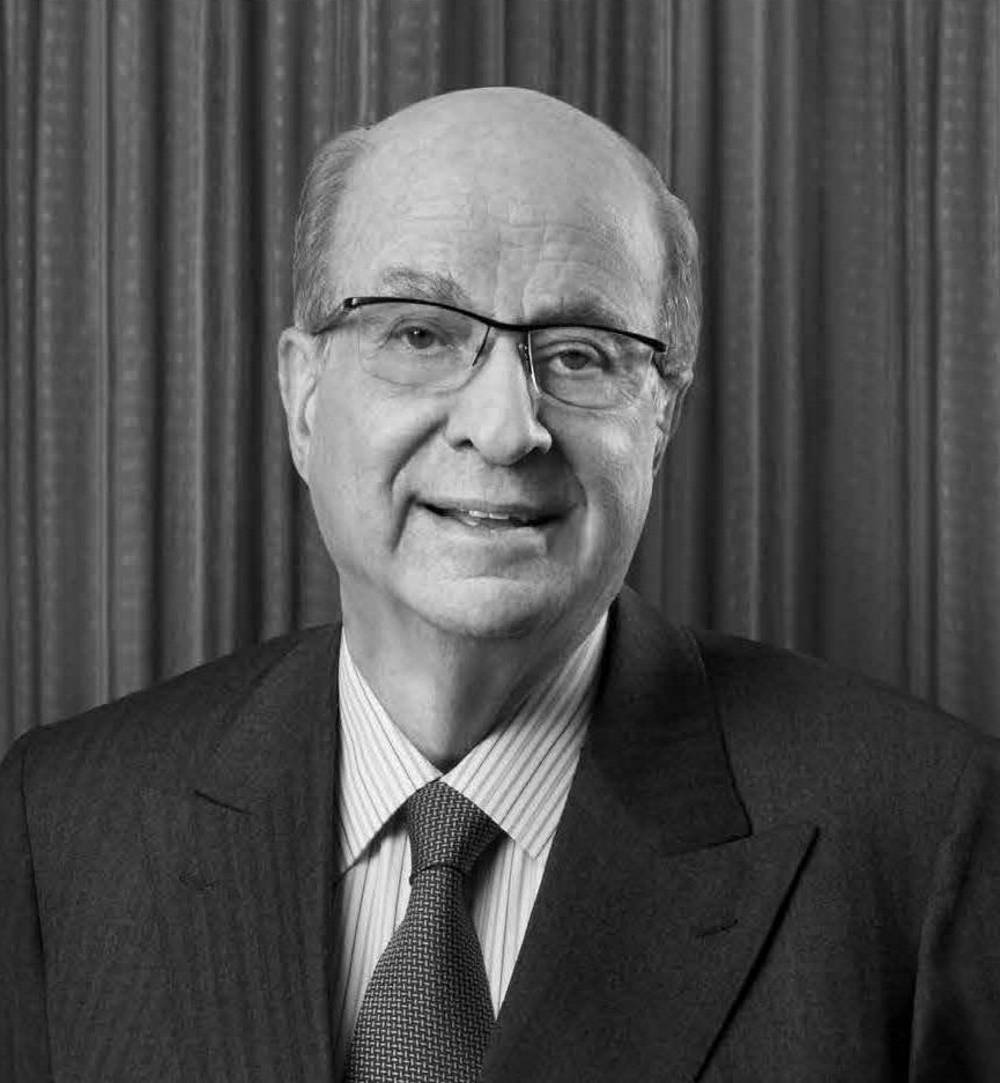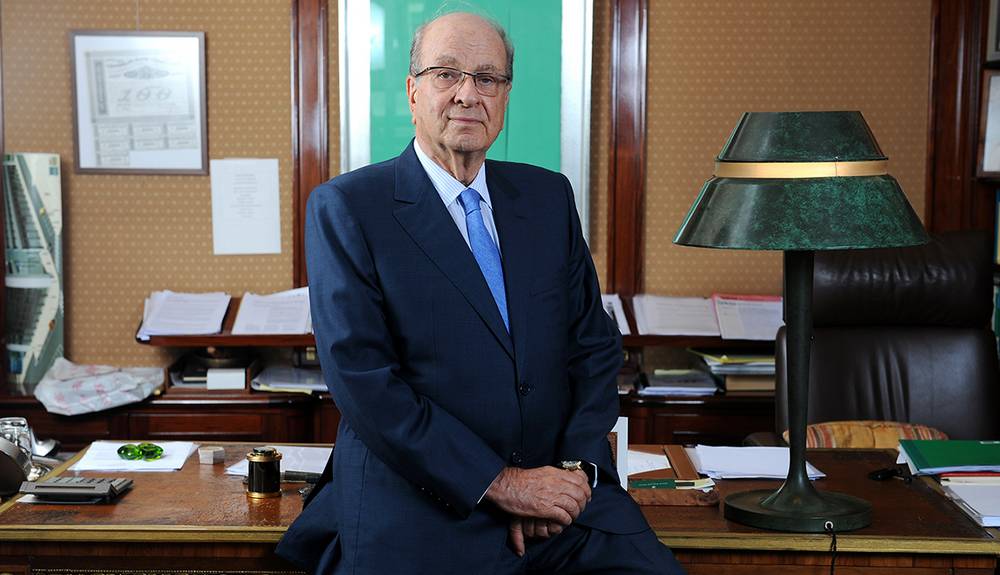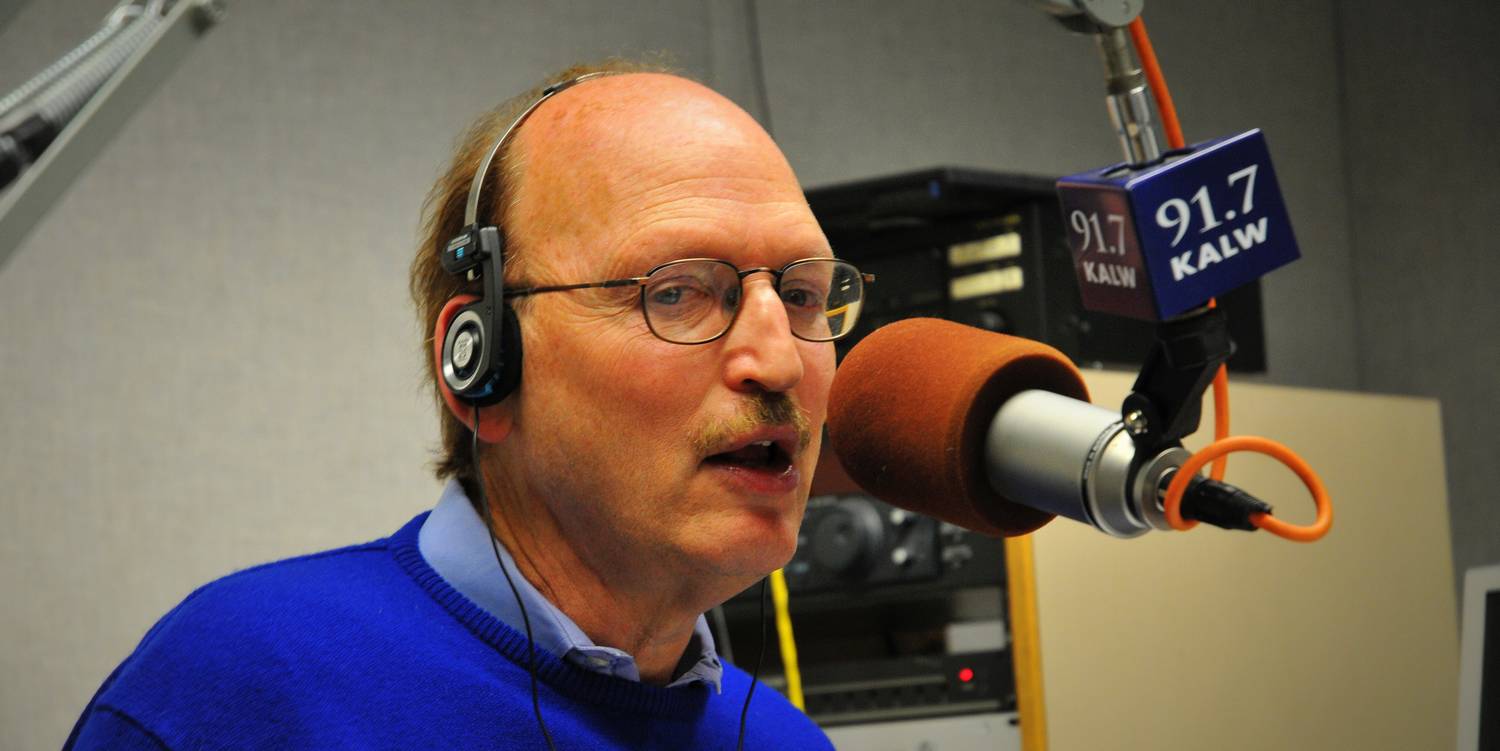 It’s a tempting proposal: if you practice anything for 10,000 hours, then you will become world class. In 1993, scientist Anders Ericsson learned of a group of psychologists in Berlin who were researching violin players found that, by age 20, the leading performers had averaged in excess of 10,000 hours of practice each. Less able performers, in the meantime, clocked up just 4,000 hours. Malcolm Gladwell popularized the notion further in his book Outliers: The Story of Success.
It’s a tempting proposal: if you practice anything for 10,000 hours, then you will become world class. In 1993, scientist Anders Ericsson learned of a group of psychologists in Berlin who were researching violin players found that, by age 20, the leading performers had averaged in excess of 10,000 hours of practice each. Less able performers, in the meantime, clocked up just 4,000 hours. Malcolm Gladwell popularized the notion further in his book Outliers: The Story of Success.
In study after study, of composers, basketball players, fiction writers, ice-skaters, concert pianists, chess players, master criminals,” writes the neurologist Daniel Levitin, “this number comes up again and again. Ten thousand hours is equivalent to roughly three hours a day, or 20 hours a week, of practice over 10 years… No one has yet found a case in which true world-class expertise was accomplished in less time. It seems that it takes the brain this long to assimilate all that it needs to know to achieve true mastery.
Gladwell applied the concept to Bill Joy, Bill Gates, and the Beatles, who sharpened their musical know-how in performance at Hamburg’s strip clubs. Gladwell says:
The Beatles ended up travelling to Hamburg five times between 1960 and the end of 1962. On the first trip, they played 106 nights, of five or more hours a night. Their second trip they played 92 times. Their third trip they played 48 times, for a total of 172 hours on stage. The last two Hamburg stints, in November and December 1962, involved another 90 hours of performing. All told, they performed for 270 nights in just over a year and a half. By the time they had their first burst of success in 1964, they had performed live an estimated 1,200 times, which is extraordinary. Most bands today don’t perform 1,200 times in their entire careers. The Hamburg crucible is what set the Beatles apart.
.jpg) Coined by Florida State psychologist Anders Ericsson and made famous by Malcolm Gladwell in his book Outliers, the 10,000 hour rule reflects the belief that becoming a superlative athlete or performer rests on a long period of hard work rather than “innate ability” or talent. As stated by Malcolm Gladwell’s famous 10,000-hour rule, genuine success only comes to people who are willing to put in a great many hours to become first-class at something they value. Whether it involves learning a new piece of equipment, a new language, or developing a craft, being able to cope with setbacks and stay focused on goals regardless of how far-flung they seem. And so the importance of resolve and steadiness in success.
Coined by Florida State psychologist Anders Ericsson and made famous by Malcolm Gladwell in his book Outliers, the 10,000 hour rule reflects the belief that becoming a superlative athlete or performer rests on a long period of hard work rather than “innate ability” or talent. As stated by Malcolm Gladwell’s famous 10,000-hour rule, genuine success only comes to people who are willing to put in a great many hours to become first-class at something they value. Whether it involves learning a new piece of equipment, a new language, or developing a craft, being able to cope with setbacks and stay focused on goals regardless of how far-flung they seem. And so the importance of resolve and steadiness in success.
Bill Gates did not only have an propensity for creating software, he also had just about exceptional access as a schoolboy to a mainframe computer that the parents’ association of his local school invested in, in 1968. He got to it in eighth grade before just about anyone else in the world. Correspondingly the Beatles’ genius for melody did not come ready made. They developed it while singing in Hamburg in the early Sixties, at all-night strip clubs. In those years they dedicated more time to pop music than any of their peers. The same could be said for Mozart, or Tiger Woods. They had capability, sure enough, but they also had extraordinary family circumstances that allowed them a reasonable advantage at a very early age. They put the hours in first.
Extraordinary success depends on talent, hard work, and being in the right place at the right time, among other things. In Outliers, Gladwell contends that, to truly master any skill, leaning on various pieces of research, requires about 10,000 concentrated hours. If you can get those hours in early, and be in a position to exploit them, then you are an outlier.
When asked, “What do you think of Malcolm Gladwell’s theory that the years 1953 to 1955 were the perfect ones in which to be born for the computer revolution?” by his father William H. Gates Sr., Bill Gates reponds:
His book makes a lot of great points … that is that in all success stories there are significant elements of luck and tiny … I wasn’t the only kid born between 1953 and 1955, but absolutely to be young and open-minded at a time when the microprocessor was invented … in my case have a friend Paul Allen who was more open-minded about hardware type things and literally brought me the obscure article to talk about that first microprocessor and said you know this is going to improve exponentially … what does that mean and I said well at that means it we can do anything we want and then he was … you know … bugging me the rest of the time every time there’d be a new microprocessor he said can we do something yet and when we were in high school that can happen … so he came back to possible good job there and actually the microprocessor that was finally good enough came out in early 1975 and that’s why I i dropped out … so the timing was pretty important you know why didn’t older people see it … they weren’t this open open minded … they didn’t think about software is the key ingredient … now a lot of kids started doing software and … it’s not if somebody reads the book to say that if you spend 10,000 hours doing something you’ll be super good at it I don’t think that’quite as simple as that what you do is you do about 50 hours and ninety percent drop out because they don’t like it or they’re not good … you do another 50 hours and ninety percent drop out … so there’s these constant cycles and you do have to be lucky enough but also fanatical enough to keep going and so the person makes it to 10,000 hours is not just somebody has done it for 10,000 hours there’s somebody who chosen and been chosen in many different times and so all these magical things came together including who I know and that time … and i think you know that’s very important … when you look at somebody who’s good and say could I do it like them … they’ve gone through so many cycles that it may fool you that you know yes yes you could with the with the right luck, imagination, and and some some talent.
Bill Gates responds to Malcolm Gladwell’s theory that it takes 10,000 hours of deliberate practice to master a skill. Apart from acknowledging luck, timing and an open mind, Gates suggests that a successful person survives many cycles of attrition to make it to 10,000 hours of experience. “You do have to be lucky enough, but also fanatical enough to keep going,” explains Gates.
Unfortunately, a Princeton study, which analyzed 88 studies, established that practice accounted for just a 12% variation in performance.


.jpg)
.jpg)

.jpg)
